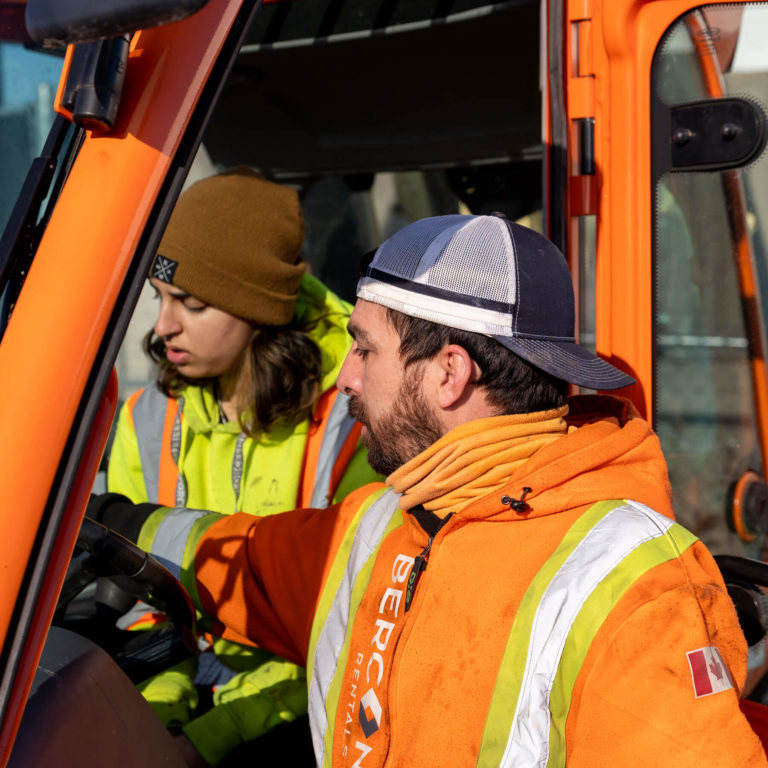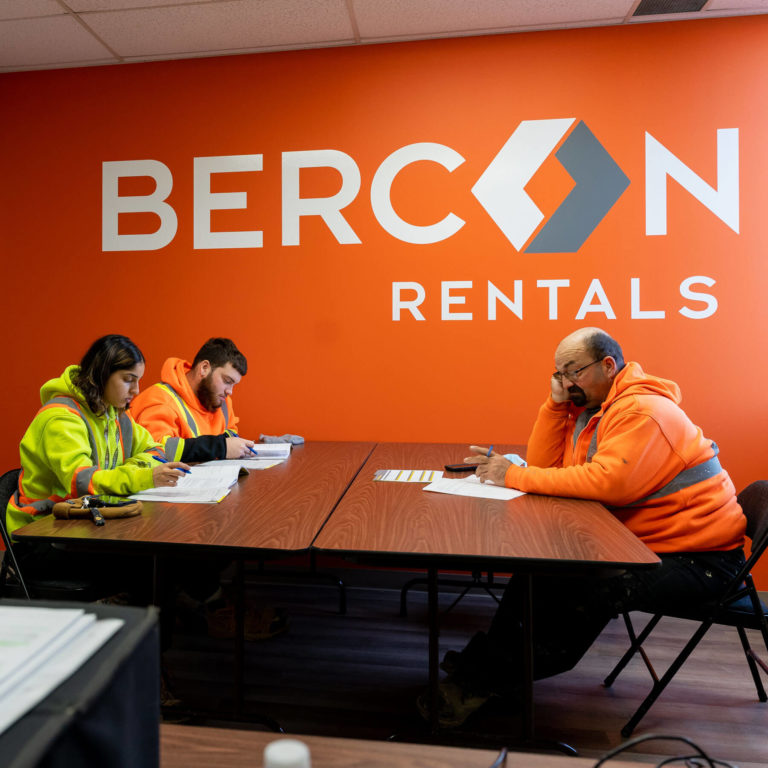Phase 1 – Theory Training
The trainer guides trainees through a comprehensive and interactive review of the operator workbook covering:
- Applicable regulations
- Variations of equipment types
- Main parts
- Understanding equipment safety
- Fuels and batteries

